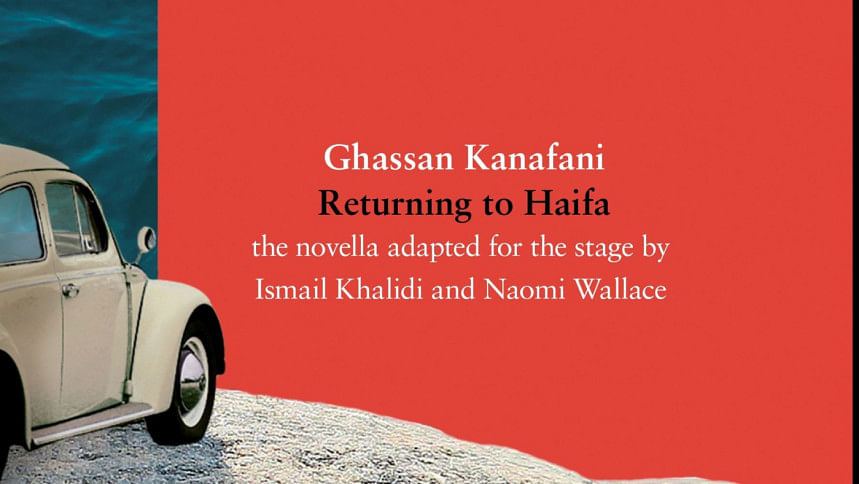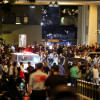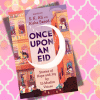Returning to Haifa – A tale of despair and hope amid the Palestinian catastrophe

What is a homeland? The place of your birth from which you have been expelled? A land that you once inhabited but can never be yours again? Is it the blood-soaked soil of charred villages and captured towns made empty of their inhabitants? Or is it the stifling stench of violent oppression, laced and intertwined with the fading aroma of broken dreams and lost aspirations?
Such descriptions of a homeland barely begin to scratch the surface of Palestinian trauma. And yet, despite everything, can their homeland be more than a place of constant loss and suffering? Ghassan Kanafani, an icon of Palestinian resistance who is considered among the greatest figures in modern Arabic literature, tackles this existential question with thought-provoking nuance in his novella, Returning to Haifa.
The story follows Said and his wife Safiyya, two Palestinians who had to flee Haifa in the wake of the terrifying bloodshed of the Arab-Israeli War of 1948. To their unendurable sorrow and shame, in the chaos and confusion of that mad day, they had left behind Khaldun, their infant son, whom they were duty-bound to protect. This personal tragedy serves as an intimate allegorical representation of the much greater tragedy—the loss of Palestine and, with it, the hope and dignity of its displaced inhabitants.
Two decades later, as the dusts of the Six-Day War of 1967 settle and Israel asserts its dominance over the captured territories of Gaza and the West Bank, fate answers their wildest hopes in the most twisted way imaginable. They are allowed to return, but as temporary visitors—strangers in their own motherland. They discover their child did survive the carnage but has been raised as a Jewish Israeli who now serves in the Israeli army. At Said and Safiyya, his distraught Arab birth parents, Dov looks with distrustful coldness. The name "Khaldun" means nothing to him.
Kanafani's greatest feat in this story is the way he skillfully weaves the various dichotomies of Arab and Jewish perspectives into a singular picture of the Palestinian tragedy. Returning to Haifa, despite its short page count, fleshes out its characters with great detail. It takes the reader on a haunting journey through the shame of Palestinian defeat and subjugation and yet, simultaneously, displays with pride their inexhaustible resolve and unshakable faith in the face of both catastrophe and setback. Kanafani does no less when it comes to humanising the Jewish characters in the story. He acknowledges the trauma of the Holocaust and portrays sympathetically those Israelis who, in turn, understand the pain of the Palestinians. At the same time, his unequivocal condemnation of the State of Israel cannot be diluted.
Through Said, he decries their equations as being full of double standards and hypocrisy with regard to the Palestinians. He denounces the immorality of taking advantage of a people's weakness in order to exist at their expense and then to try and justify the crimes committed against them.
He resolutely declares that Palestine cannot be found within scars and buried memories of the lost past. Neither is it the sum of the innumerable atrocities that are incessantly perpetrated each day. Palestine is a future filled with hope, and in his eyes, it is a future worth dying for.
At the age of just 36, Ghassan Kanafani was assassinated for his involvement in the Palestinian resistance. Having spent most of his life as a stateless person, near the very end of Returning to Haifa, he writes:
"The homeland is where none of this can happen."

 For all latest news, follow The Daily Star's Google News channel.
For all latest news, follow The Daily Star's Google News channel. 








Comments